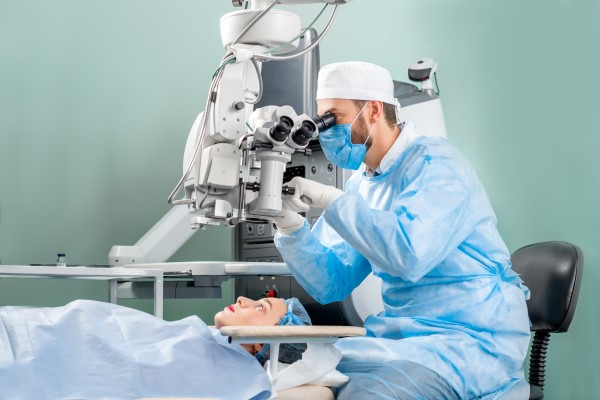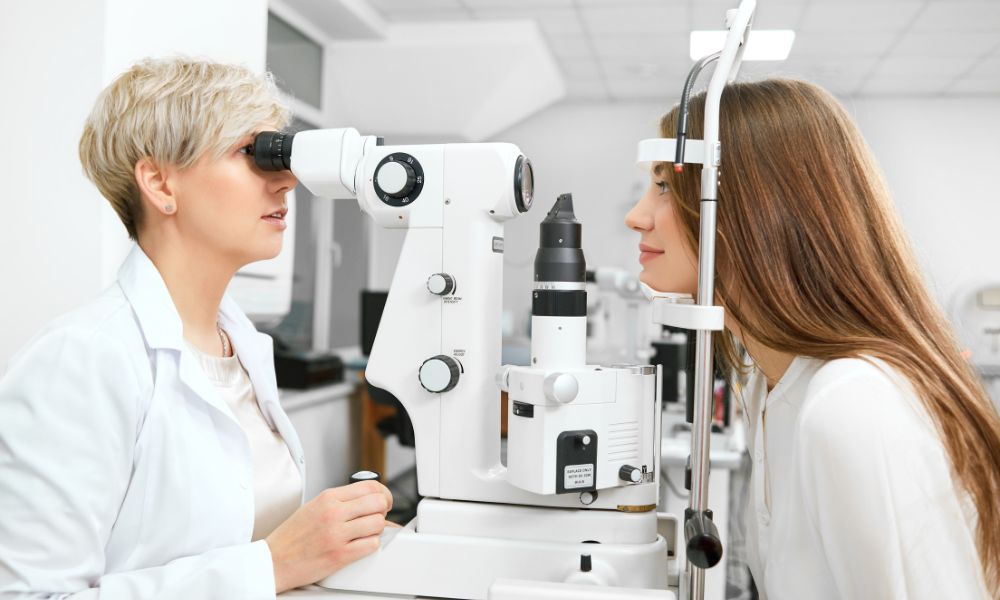When it comes to eye health, the choice may seem blurry: optometrist or ophthalmologist? It’s a question that demands clarity. In places like Sport’s Vision Beverly Hills, CA, both roles exist, each distinct yet interconnected. They have a shared goal – your eye health. But their methods and expertise can differ. To make the right choice for your eyes, knowing the difference is crucial. Let’s illuminate this topic.
What is an Optometrist?
An optometrist is a healthcare professional trained to examine the eyes for visual defects, diagnose problems or impairments, and prescribe corrective lenses or provide other types of treatment. They can manage and treat conditions such as nearsightedness, farsightedness, and astigmatism.
What is an Ophthalmologist?
An ophthalmologist is a medical doctor specialized in eye and vision care. They provide a more comprehensive level of care than optometrists. That includes diagnosis and treatment of all kinds of eye conditions, performing eye surgery, and even engaging in research about serious eye diseases and disorders.

Differences Between an Optometrist and an Ophthalmologist
While both optometrists and ophthalmologists are equipped to care for your eyes, their levels of training and expertise are different. Here’s a comparison:
| Optometrist | Ophthalmologist |
| 4 years of optometry school | 4 years of medical school |
| Can prescribe glasses and contact lenses | Can prescribe glasses and contact lenses |
| Can diagnose and treat some eye conditions | Can diagnose and treat all eye conditions |
| Cannot perform surgery | Can perform surgery |
As a patient, your eye care needs will determine whether you should see an optometrist or an ophthalmologist. If you need a routine eye exam, either professional can handle this. But if you have a complex eye issue or need surgery, an ophthalmologist is the better choice.
It’s important to note that many optometrists and ophthalmologists often work together in the same practice. This collaborative approach ensures that all your eye care needs are met.
Conclusion
Your eyes are a vital part of your health. Whether you choose an optometrist or an ophthalmologist for your eye care needs, the most important thing is that you’re getting the care you need. Remember, early detection of eye issues can prevent vision loss. Be proactive about your eye health. Make routine eye exams a priority.







